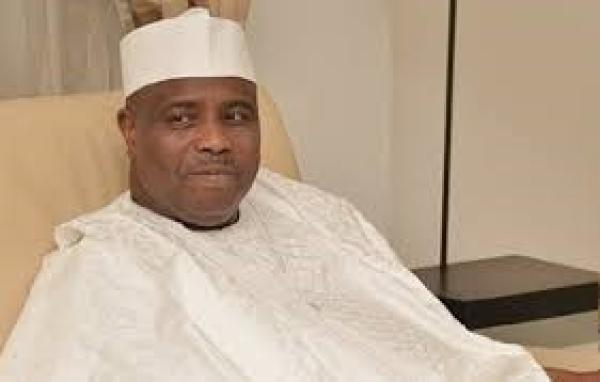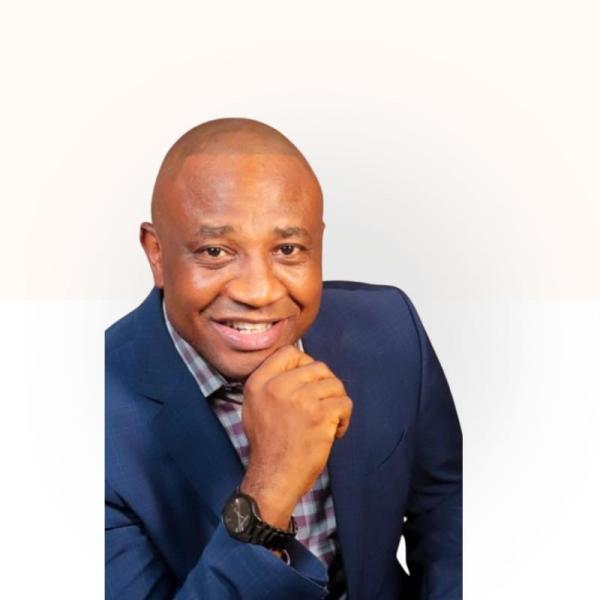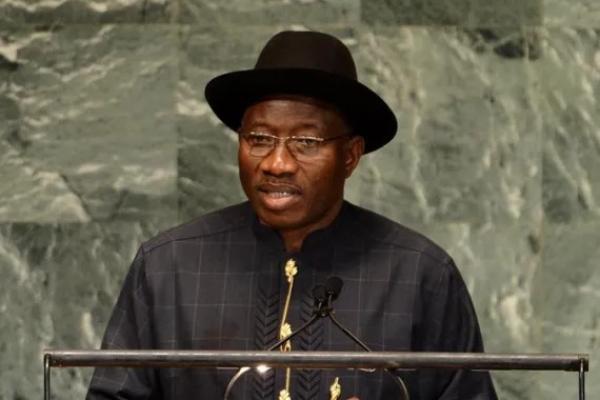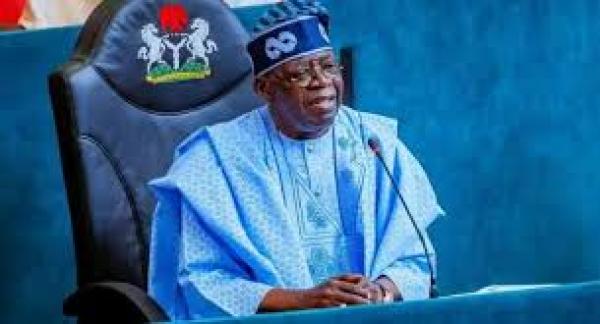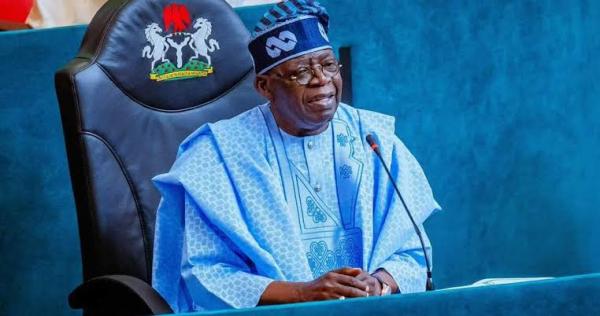
Nigerian President Muhammadu Buhari
The Joda Transition Committee has asked President Buhari to work out a detailed blueprint that would help his administration in the gradual removal of the subsidy on premium motor spirit popularly known as petrol. The committee further advised the President to privatise the nation’s four refineries which have been working below capacity in recent years.
The delicate revolt that could trail such policies is still etched in the minds of Nigerians. It would be recalled that efforts by ex-President Goodluck Jonathan to remove the fuel subsidy in 2012 in one fell swoop caused so much tension in some parts of the country especially in the North. CEOAfrica presents the views of some Nigerians:
Christopher Obi, a 65-year-old pensioner, told CEOAfrica that he is not averred to what the Buhari-led administration intends embarking upon. His grouse, however, bothers on the sincerity of the implementation. He cites how the privatisation of Power Holding Corporation of Nigeria has yielded no positive result despite the ado that trailed the entire process.
Mayowa, a youth corps member serving in Ibadan, says Nigerians should not condone the complacency of those in power. According to him, the governments of other countries manage government corporations, public agencies efficiently. He insists that the privatisation of refineries will inflict untold hardship and bring so much discomfort on Nigerians. He therefore advises President Buhari not to incur the wrath of Nigerians with such an irrational policy.
Abdulkareem, a vulcanizer, holds on to the contrary saying the policy will bring succour in the long run. He is of the opinion that such decision will help quash the current trend of uncertainty and help bring an end to the queues at our filling stations.
Femi, a motorcyclist, says this problem would have been solved long ago if late President Yar’adua had not reversed the sale of refineries which had already been signed by his predecessor, Olusegun Obasanjo.
A civil servant, who prefers to remain anonymous because he is not authorised to speak to the press, expresses his disillusion about the whole process. He is confused that those who strongly opposed President Jonathan’s decision to remove the fuel subsidy in 2012 are now the ones preaching the same gospel.
A local government worker, Yunusa, believes there ought to be an alternative. He warns that taking such a decision in an atmosphere where the morale of workers is low is dangerous. He says in a situation where most states can no longer pay workers, it is important to ask if the total deregulation of the downstream sector will not tell on Nigerians.
Ifeanyi Ike, a 28-year-old student of economics, is against the idea on the ground that such a rash decision will tell negatively on the pockets of Nigerians. He says the removal of fuel subsidy will add trillions of naira into the coffers of the federal government but wonders if the cabals will not siphon it as usual. He nonetheless says it will put the credibility of President Muhammadu Buhari to test.
A colleague of Ifeanyi known as Olamide puts the entire blame on capitalism, expressing his fear about the untold hardship Nigerians would undergo when a litre of fuel is being sold for exorbitant prices.
A student at the University of Ibadan popularly known as Comrade asks if Aliko Dangote has already rescinded his decision to build Africa’s largest refinery come 2017. He, however, disagrees with the policy insisting that no matter the propriety behind it, it will inflict pains on Nigerians.
Farouq Oje, a primary school teacher, does not believe in the existence of subsidy let alone its removal, but Ndukwe, an artisan who operates his own enterprise in Bodija, maintains that the All Progessive Congress is just a mere colouration of the Peoples Democratic Party which Nigerians voted against. He reiterates his lack of trust in the government of the day, insisting that all political parties are the same.
A hairdresser named Beatrice wants the new government to do whatever it deems necessary if it will get rid of corruption or at least reduce it to the barest minimum.
Francis, a 33-year-old civil servant, lampoons Nigerians for their hypocrisy, saying he expects Nigerians to rise in unison against such policy going by the promises and sweet talks that we are always cajoled with before the elections.
An anonymous supporter of the ruling party supports the policy as long as it will provide the revenue for President Buhari to fulfill his promises.
Koyejo, an 18-year-old seeking admission into a higher institution, confesses that it is not clear to him. He doubts the ability of the APC-led government to deliver going by the number of faulty starts it has had.
An individual who trusts the Buhari administration urges the President to do that which is right because God is on his side, but Anike, a business consultant, expresses her shock about Nigeria being the only oil-producing country that imports oil. She advises that we must be willing to make the sacrifice if the trend must stop.
Nkechi is not willing to compromise because the same Nigerians criticised ex-President Jonathan when he attempted to embark on the same policy.
Simon Junior says our leaders have been hypocritical. He desires every promise made before the elections. However, Dede, a retiree, insisists on good governance and not the mere rhetoric governments in Nigeria love to belabour Nigerians with.
Going by the overwhelming expectations that have trailed the emergence of President Buhari, Nigerians are, no doubt, full of déjà vu. The current administration is at its infancy stage; thus, it is important we wait and see how things unfold in the coming months.












